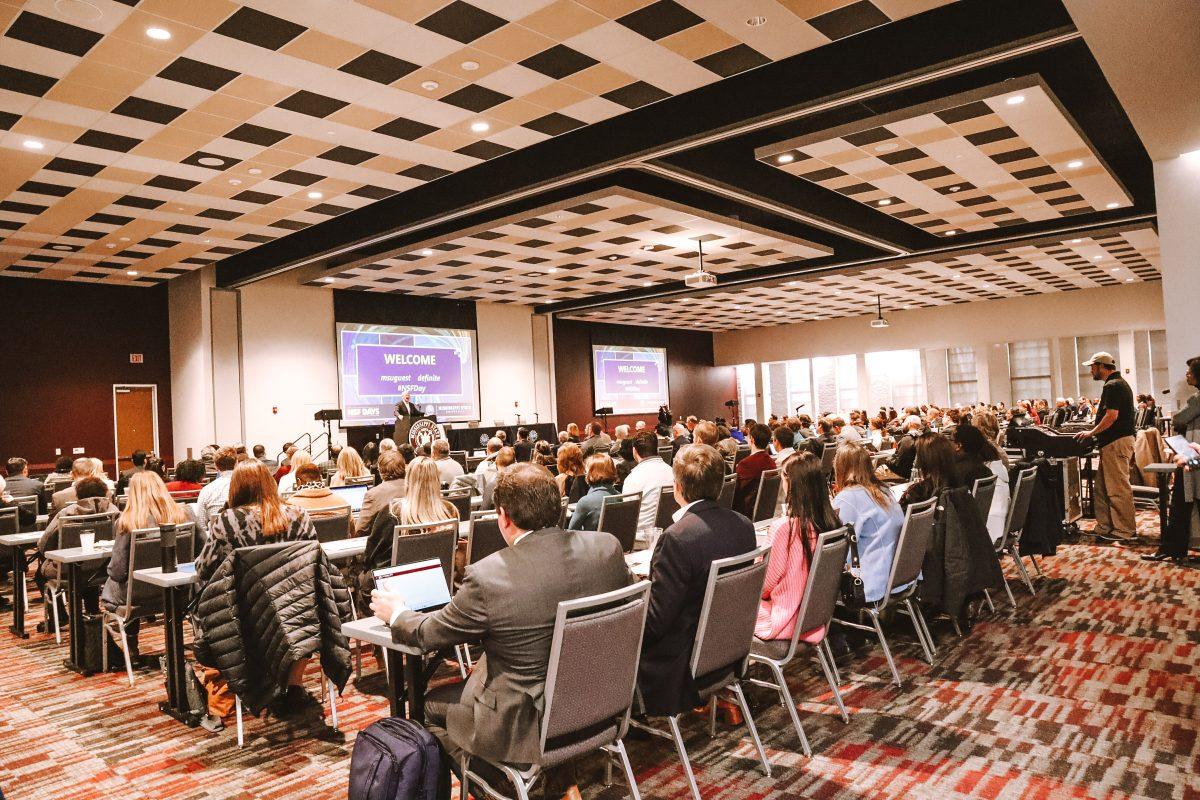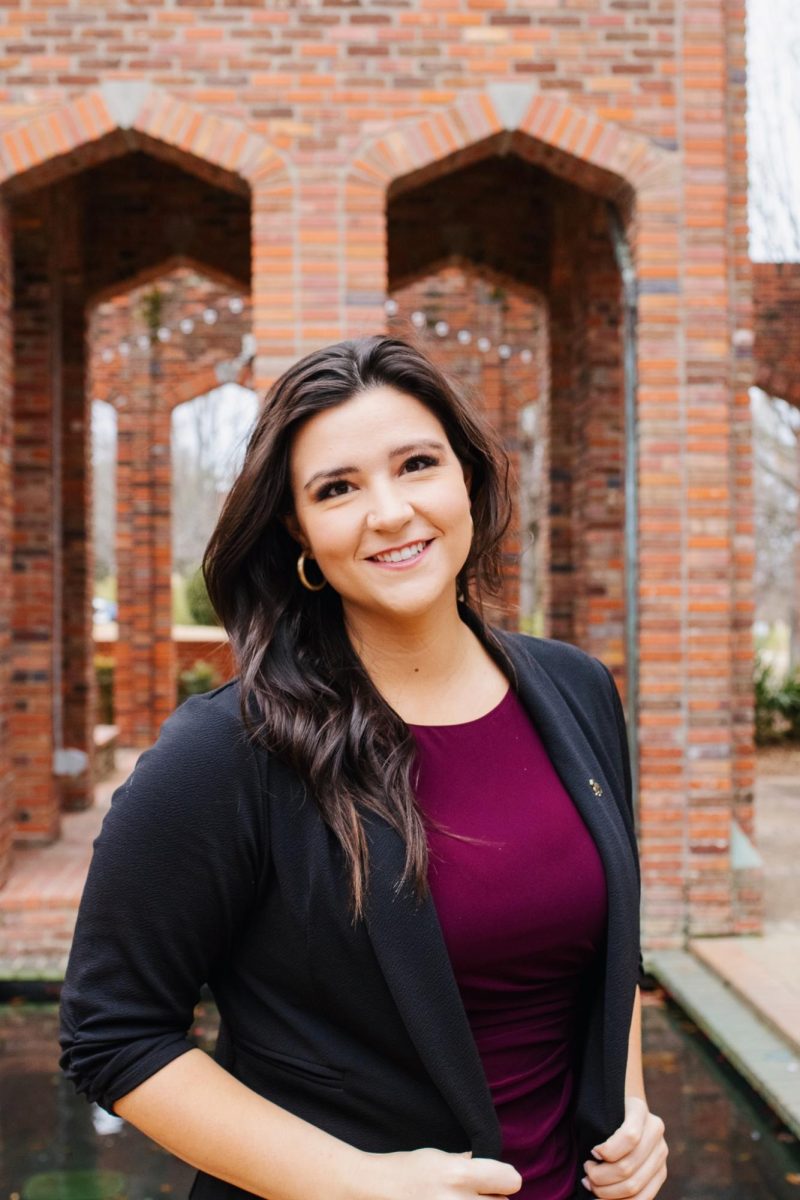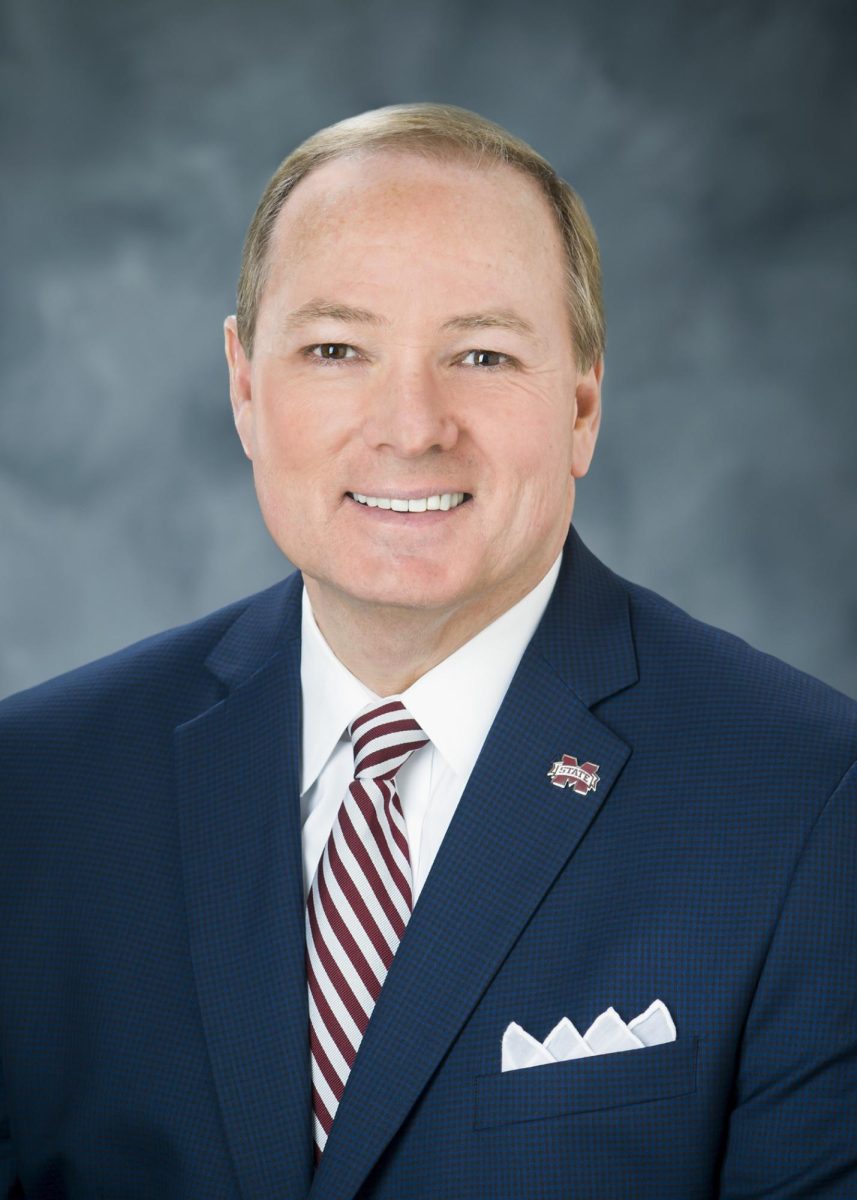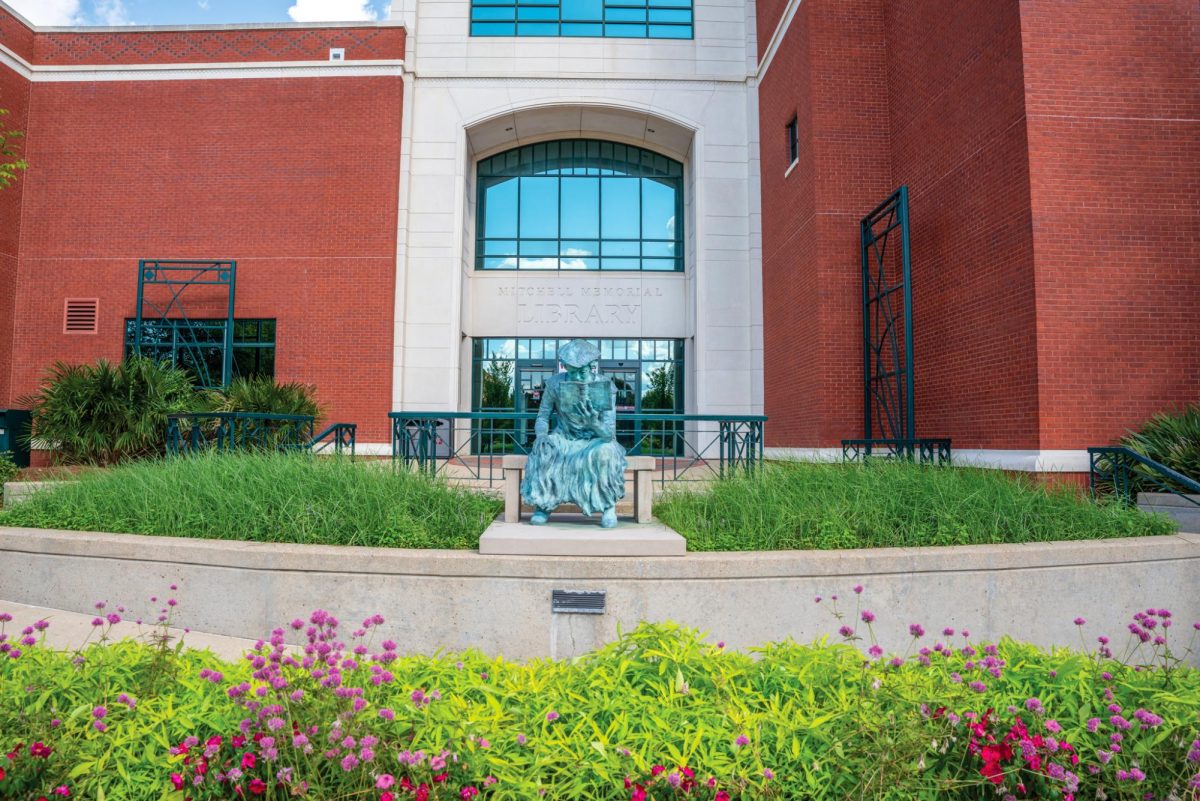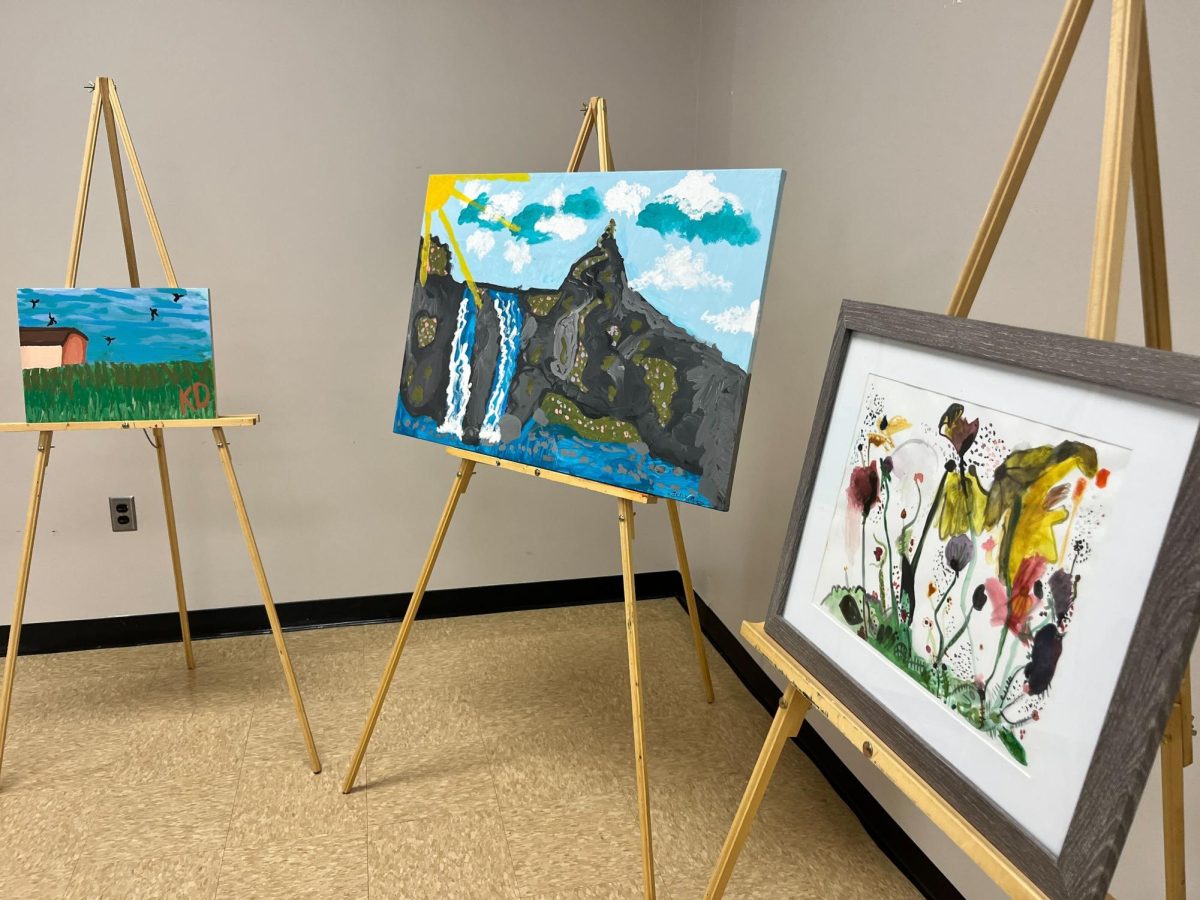National Science Foundation Day returned to Mississippi State University for the first time in over two years.
MSU is the first institution in the country to welcome NSF Day back after the pandemic.
“I just can’t say how delighted we are that NSF would choose Mississippi for its resumption of NSF Day,” U.S. Sen. Roger Wicker said.
The day-long event is geared toward scientists and researchers across the country. MSU welcomed attendees from 12 of Mississippi’s colleges and universities. In-person attendance was sold out, and NSF also offered a virtual session. Attendees listened to panels about research and science topics and networked with fellow researchers.
Wicker, MSU President Mark Keenum and NSF Director Sethuraman Panchanathan welcomed the crowd to a day of learning and networking.
“Research, well, that’s the reason why we’re here today,” Keenum said.
Keenum said MSU has 17 researchers who receive funding from the National Science Foundation CAREER Award, a high honor for young faculty to receive.
The NSF has given over $58 million to Mississippi for research opportunities.
Keenum commended the university’s scientists and researchers for their strong portfolios. He said MSU is a leader in unmanned air systems and development and noted the strength of the school’s high-performance computing and cyber capabilities.
MSU is ranked 88th nationally for research institutions. Keenum said the university is working to be in the top 50. Mississippi State is ranked 59th for research out of public universities.
Panchanathan spoke about targeting the “missing millions,” the diverse groups that are left behind in science, engineering, math and technology fields. He said he wants to find the missing millions and include them in the work NSF does.
“The key is to make sure we are channeling the talent and giving it the opportunities it truly deserves,” Panchanathan said. “This starts right from K through 12.”
Wicker said he recently spoke with researchers who work with the kindergarten through 12th grade system, and he said middle school has had advancements over the past year.
The senator said Mississippi needs to increase its research, and working with the NSF helps achieve that goal. He mentioned the CHIPS and Science Act, which invests in semiconductor production, fixes supply chain issues, improves security and encourages research.
He said this act is important to furthering research in Mississippi.
“We have proved that we can provide quality research to advance our scientific achievement,” Wicker said, “and it means so much in terms of not only testing for things like COVID but also all of the advances we’ve had in artificial intelligence and quantum computing and things like that.”
He said NSF Day breaks down barriers between less-recognized research states.
“This is an opportunity for states like Mississippi to get more of their share,” Wicker said.
The NSF director cited Mississippi as a conductor of innovation.
“Mississippi, to me, exemplifies what we need done more all across our nation,” Panchanathan said. “It exemplifies because it has unbelievable talent. It has got amazing context of innovation and possibilities here and it’s got tremendous commitment.”
Wicker said NSF Day impacts higher education research in the state.
The senator said state leaders are concerned about the brain drain in Mississippi, which occurs when individuals graduate from Mississippi colleges and universities and move out of state. He said Mississippi has ripe opportunities for research and advancements.
Panchanathan agreed.
“I see the commitment for creating industries of the future right here,” he said. “So when industries of the future are created here, talent is trained here, there is no reason for anyone to want to go anywhere else because there’s so much prosperity that is here. And that’s the future.”
NSF partners with Mississippi colleges, universities, and elementary and secondary schools. Panchanathan said NSF invests in its partnerships so the institutions can excel.
“Innovation can be anywhere, and opportunities should be everywhere,” Panchanathan said.
‘Innovation can be anywhere’: NSF Day boosts research capabilities
Heather Harrison | The Reflector
Last Monday, National Science Foundation Day was hosted to cater toward scientists and researchers across the state.
About the Contributor

Heather Harrison, Former Editor-in-Chief
Heather Harrison served as the Editor-in-Chief of The Reflector from 2022 to 2023.
She also served as the News Editor from 2021 to 2022.
Donate to The Reflector
Your donation will support the student journalists of Mississippi State University. Your contribution will allow us to purchase equipment and cover our annual website hosting costs.



















































































